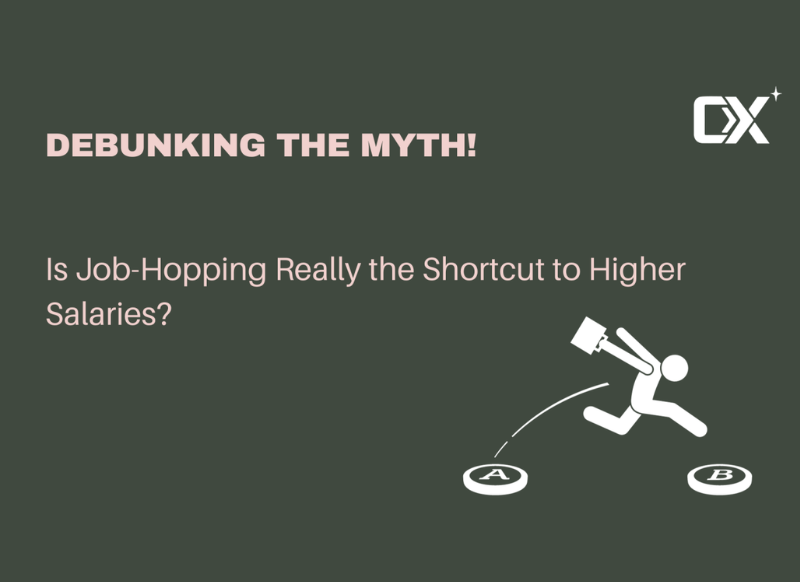Career breaks, once whispered secrets, are becoming more common, and for good reason! Stepping off the professional treadmill allows for invaluable personal growth. It’s a time to recalibrate, learn new skills, and often gain a broader perspective. Exploring different cultures, volunteering, or diving into a passion project fosters a rich tapestry of experiences that enriches both personal and professional life upon return.
There are a few reasons why people used to fear and hide career breaks earlier:
- Fear of being seen as less qualified or committed. Employers may worry that someone who has taken a career break is not as qualified or committed to their work as someone who has worked continuously.
- Fear of being overlooked for job opportunities. Employers may be more likely to interview and hire candidates who have a linear career path.
- Fear of being judged. There is still a stigma associated with taking career breaks. Some people may judge others for taking a break from their careers, believing that they are lazy or unmotivated.
There are a number of reasons why we shouldn’t be hiding career breaks anymore:
- Employers are becoming more open to Career breaks. They understand that career breaks can be a valuable learning experience, and they are more likely to consider candidates with career breaks, especially if they have the skills and experience, they are looking for.
- Career breaks are becoming more common. As mentioned above, many of the professionals have taken a career break at some point in their lives. This suggests that career breaks are becoming more normalized and accepted.
- Career breaks can be beneficial. There are many reasons why people take career breaks, such as to pursue further education, care for a family member, or travel. These experiences can help people develop new skills, knowledge, and perspectives, which can be valuable in their careers.
How can you tackle addressing questions on Career Breaks?
- Be honest and upfront. Don’t try to hide it on your resume or in your job interview. Instead, be open and honest about why you took a break and what you gained from the experience.
- Highlight the skills and experience you gained. Even if your career break was not directly related to your desired field, there are likely skills and experience you gained that are relevant to the jobs you are applying for.
- Be prepared to explain how your career break has made you a better candidate. Explain how your career break has helped you develop new skills, knowledge, and perspectives. You can also talk about how your career break has made you more resilient and adaptable.
Taking a career break is not a sign of weakness or lack of commitment. It is simply a reflection of the fact that life is unpredictable and that people need to make choices that are right for them. If you have taken a career break, don’t be afraid to embrace it and share your story with potential employers. You may be surprised at how understanding and supportive they are.
Wondering How to Make a Better Career Strategy with a Break on Your Resume?
Let’s Talk – Write to us at info@cxcareerxperts.com
At CareerTalks, we believe in fostering Deep, meaningful Career Conversations that go beyond the surface. Our aim is to empower individuals with the knowledge and insights needed to craft effective Career strategies.
Fill this form if you are looking to get your Career Health Diagnosed!
Follow our WhatsApp Channel > CareerTalks by CareerXperts to get bite sized Career Insights, Technology & Startup News, Job Opportunities and Lots More!
Learn More About Our Program > Career Enablement Program.
Visit Our LinkedIn Page: CareerXperts Consulting
Our corporate Site: Careerxperts.com




Leave a Reply